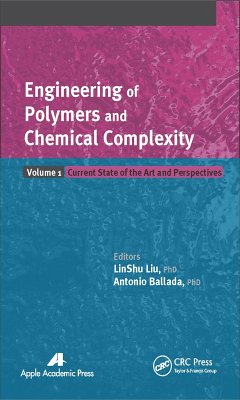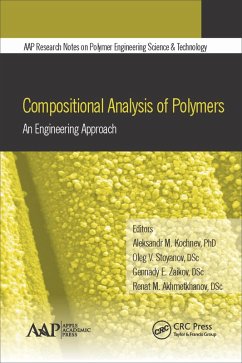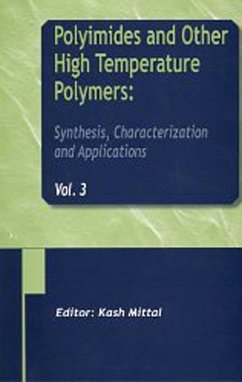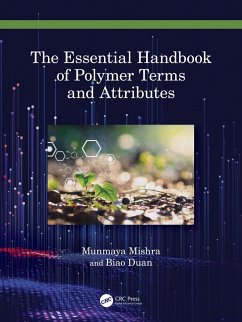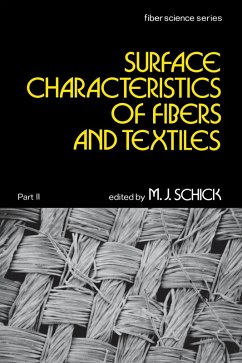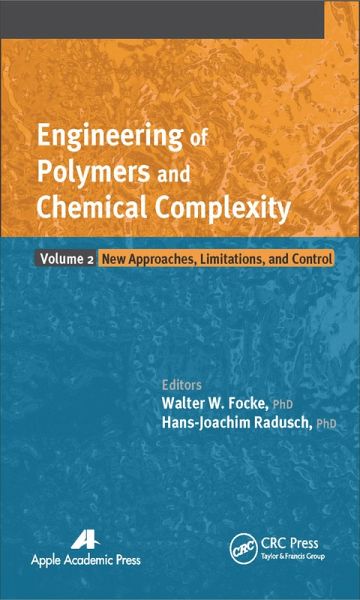
Engineering of Polymers and Chemical Complexity, Volume II (eBook, PDF)
New Approaches, Limitations and Control
Redaktion: Focke, Walter W.; Radusch, Hans-Joachim
Versandkostenfrei!
Sofort per Download lieferbar
133,95 €
inkl. MwSt.

PAYBACK Punkte
67 °P sammeln!
This book provides a vast amount of information on new approaches, limitations, and control on current polymers and chemicals complexity of various origins, on scales ranging from single molecules and nano-phenomena to macroscopic chemicals. Starting with a detailed introduction, the book is comprised of chapters that survey the current progress in
Dieser Download kann aus rechtlichen Gründen nur mit Rechnungsadresse in A, B, BG, CY, CZ, D, DK, EW, E, FIN, F, GR, HR, H, IRL, I, LT, L, LR, M, NL, PL, P, R, S, SLO, SK ausgeliefert werden.




